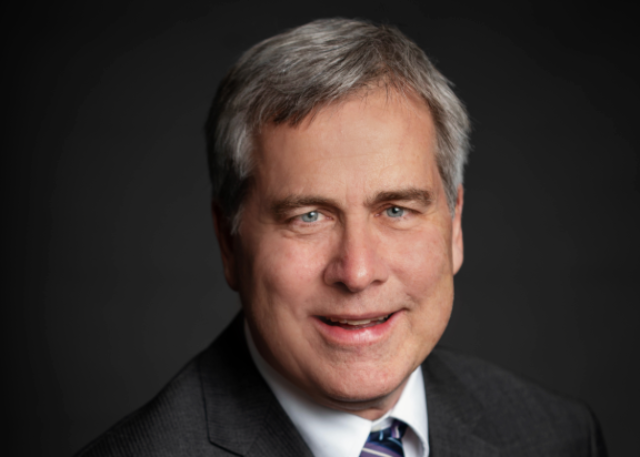A plan to improve water services to Indigenous communities has lost a little current.
The proposal is to dedicate 0.2 per cent of Barrie’s water/sewer revenue next year toward Water First and its efforts to improve water services in First Nations communities.
The plan would cost about $100,000, or about $1.77 for the average Barrie household in 2022.
It was to be part of 2022 budget talks next week, but that will have to wait.
While city staff have started consulting local First Nations groups about the donation, those talks haven’t finished at this time.
Water First, a Creemore-based non-government organization (NGO), has a program to train young Indigenous people from reserves to become certified in operating a water plant through a 15-month paid apprenticeship, which is where the $100,000 would be spent.
“It was my hope we would be in a position to make a recommendation during next week’s discussion of the 2022 budget, but that isn’t going to happen,” said Deputy Mayor Barry Ward, who proposed the plan. “Staff point out the money can still be allocated after the budget is passed by taking the amount ($100,000) from water and wastewater reserves.”
At budget time, council was to decide whether it wants to add this amount to water/sewer bills through a slight increase in rates or just absorb it into the city’s costs for one year only — so future councils can decide whether to continue the contribution.
But the Ward 4 councillor said it was never his intention to have the 0.2 per cent added directly to individual bills as a separate item.
“It would be a one-time donation from the city in the spirit of reconciliation to help provide clean drinking water to Indigenous communities,” he said. “Municipalities across Canada have been taking steps to promote reconciliation through such things as public art and ceremonies. We are doing similar things in Barrie.
“But I thought addressing the clean drinking water challenges in First Nations communities, by training water plant operators, would be something unique to this city.”
As part of a motion Monday night concerning a status update on consultation with Indigenous communities, staff would report back to Barrie councillors with the results of talks with representatives of the Barrie Native Friendship Centre and Barrie Area Native Advisory Circle, with respect to the potential dedication of 0.2 per cent of 2022 budgeted water/sewer rate revenues to Water First.
If the plan is approved, Access Barrie would enter into a three-year partnership with Water First for the purpose of marketing its organization on future signs along the waterfront, on the Canada Day website section and with appropriate marketing resources.
And finance department staff would investigate an option that would provide residents the opportunity to make a donation to the Water First organization.
Ward has said about 40 per cent of Ontario’s Indigenous reserves are currently operating under a boil-water advisory.
The city brings in just more than $60 million each year in water and sewer charges, he said, which includes user fees, service charges and rentals — and 0.2 per cent of the revenue equals about $100,000.
While the federal government pays for water infrastructure on First Nations, it doesn’t pay to train operators of the systems.
Ward has said most Water First graduates return to their communities to work in the water system. The young people get employment, the community gets a better water system and doesn’t have to depend on people coming in from outside to maintain it.
In places such as Walkerton and North Battleford, Sask., where failures in the water system resulted in the illness of thousands of people and the death of some of them, the problem wasn’t that they didn’t have a water system. The problem was it wasn’t properly maintained.
The Truth and Reconciliation Commission doesn’t specifically call for municipalities to fund water systems on reserves, Ward has said, but it did talk about the need for all levels of government, including municipalities and First Nations, to work together in the spirit of reconciliation.



